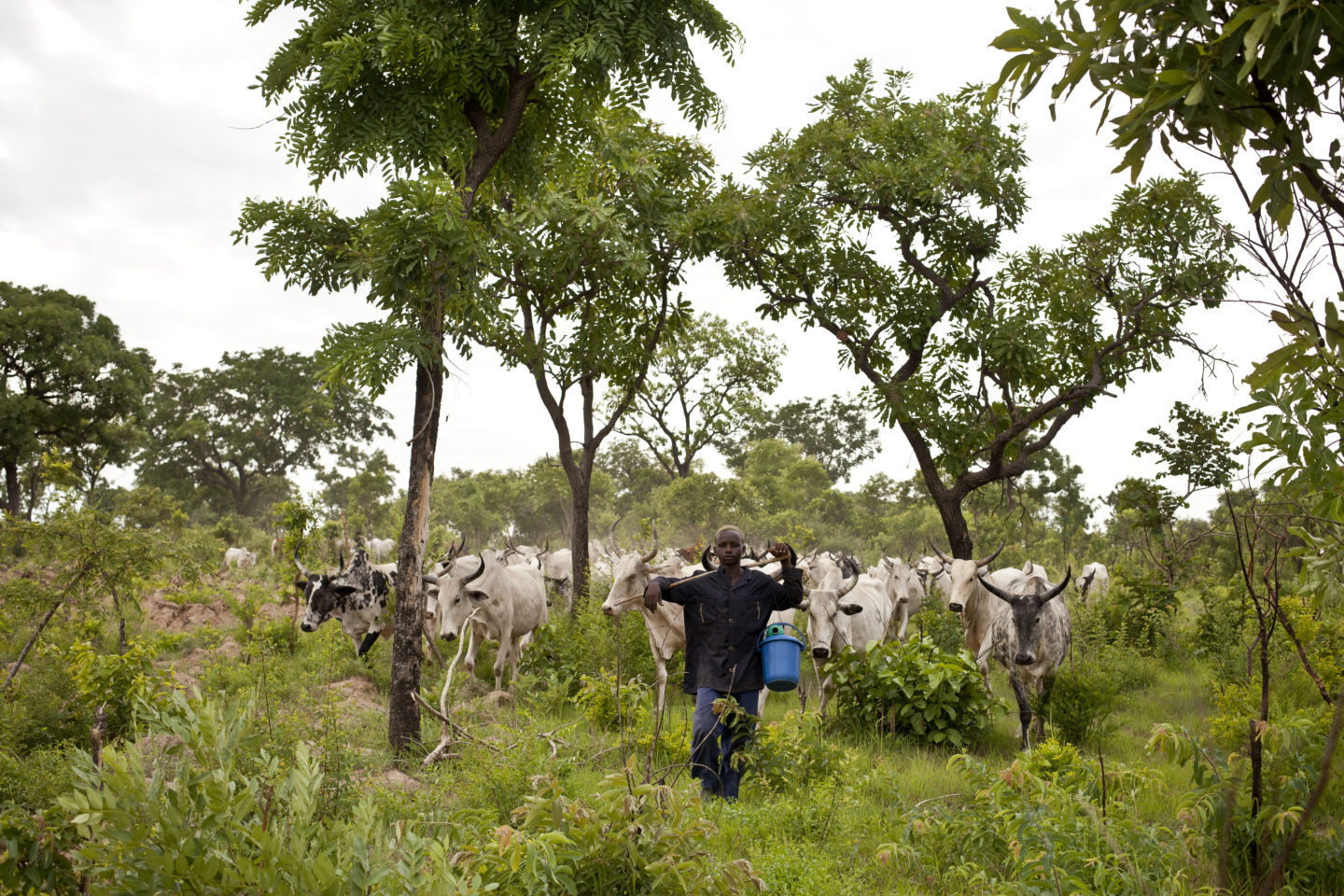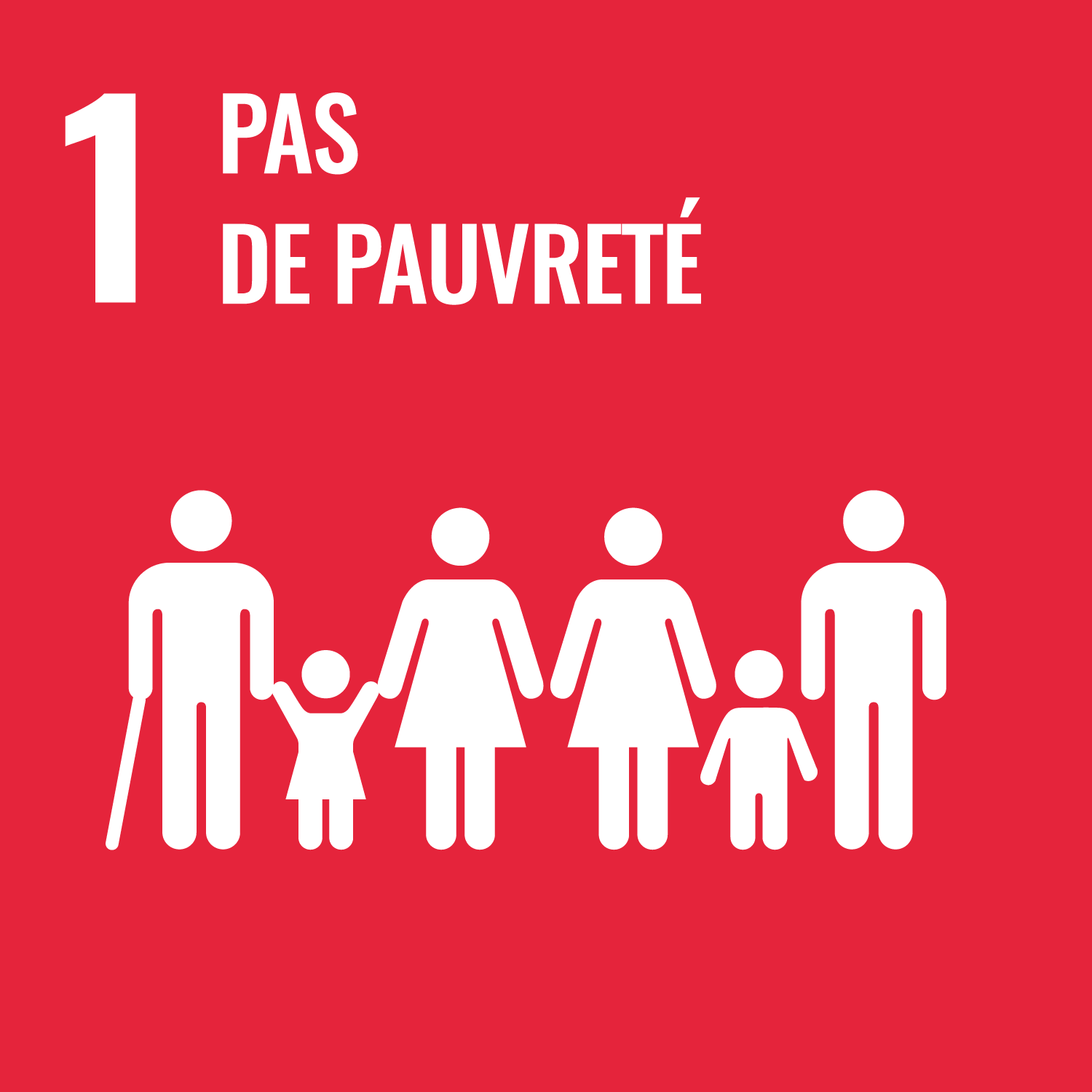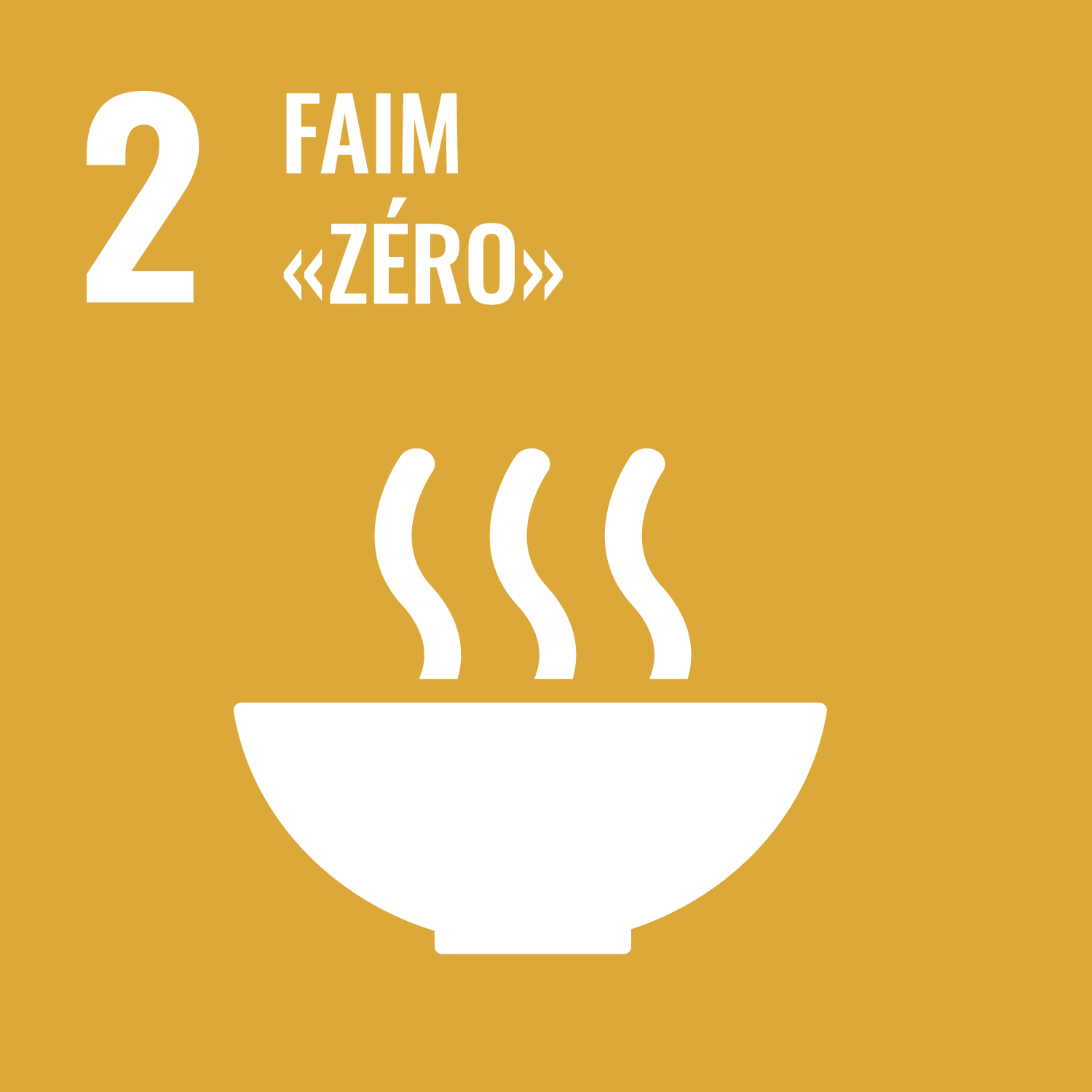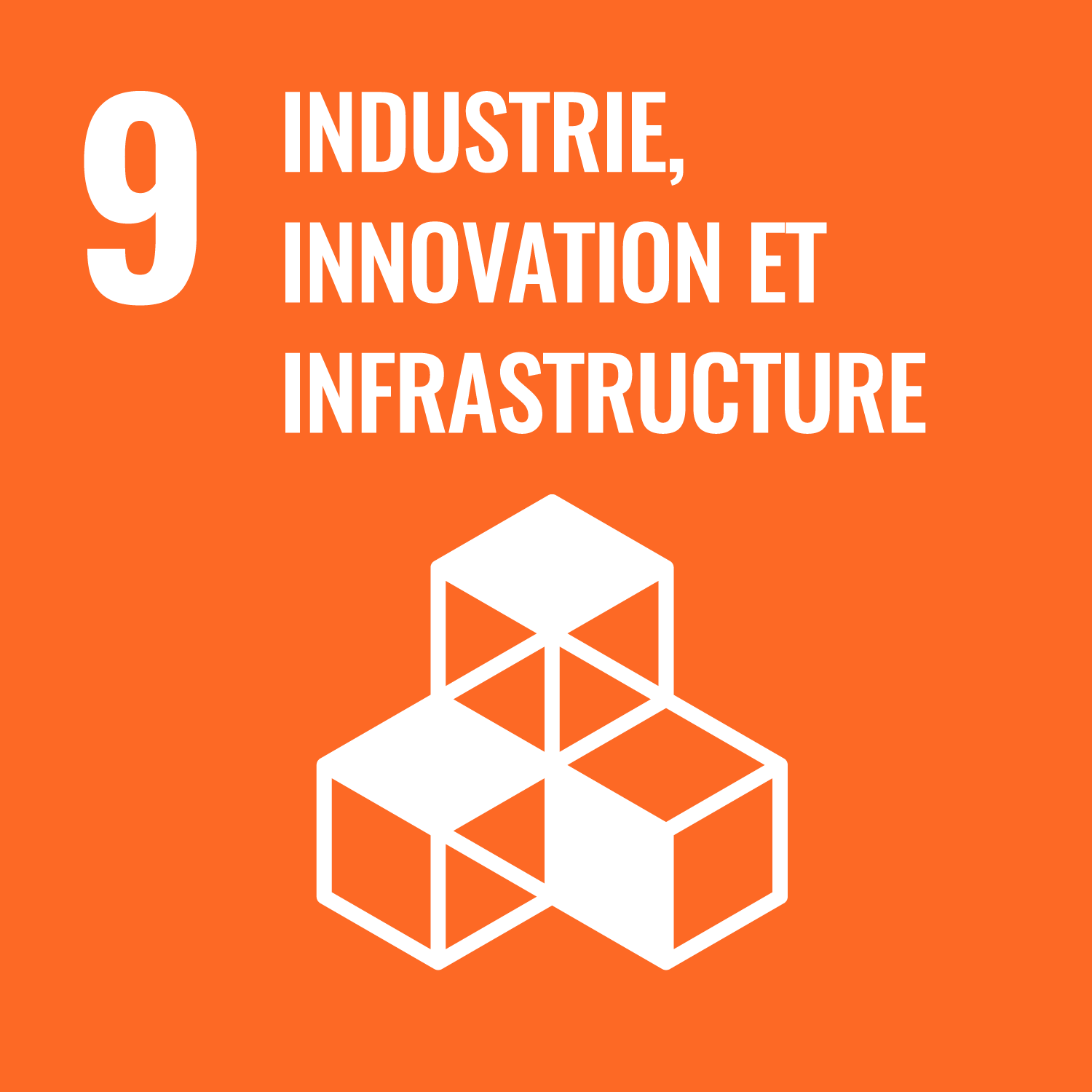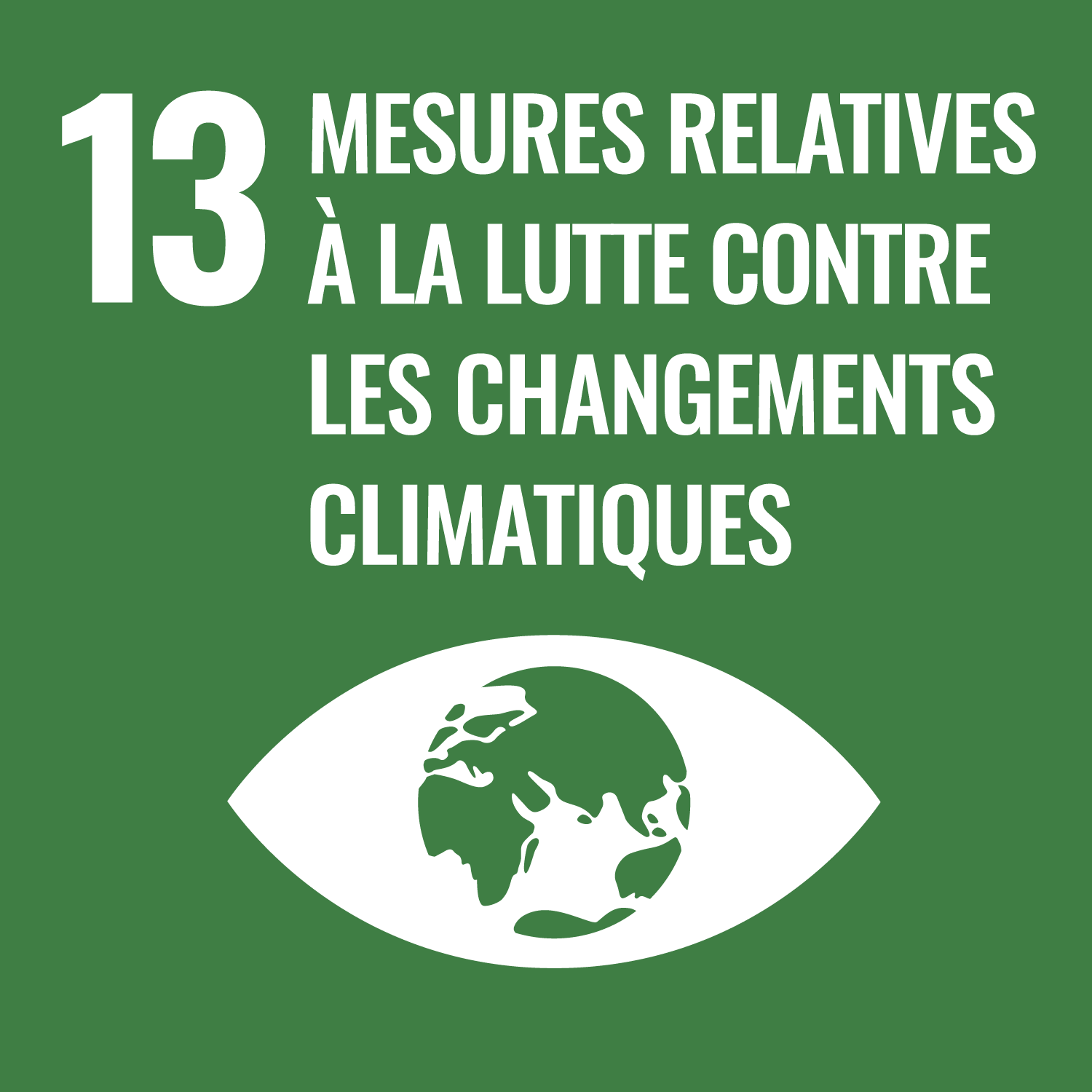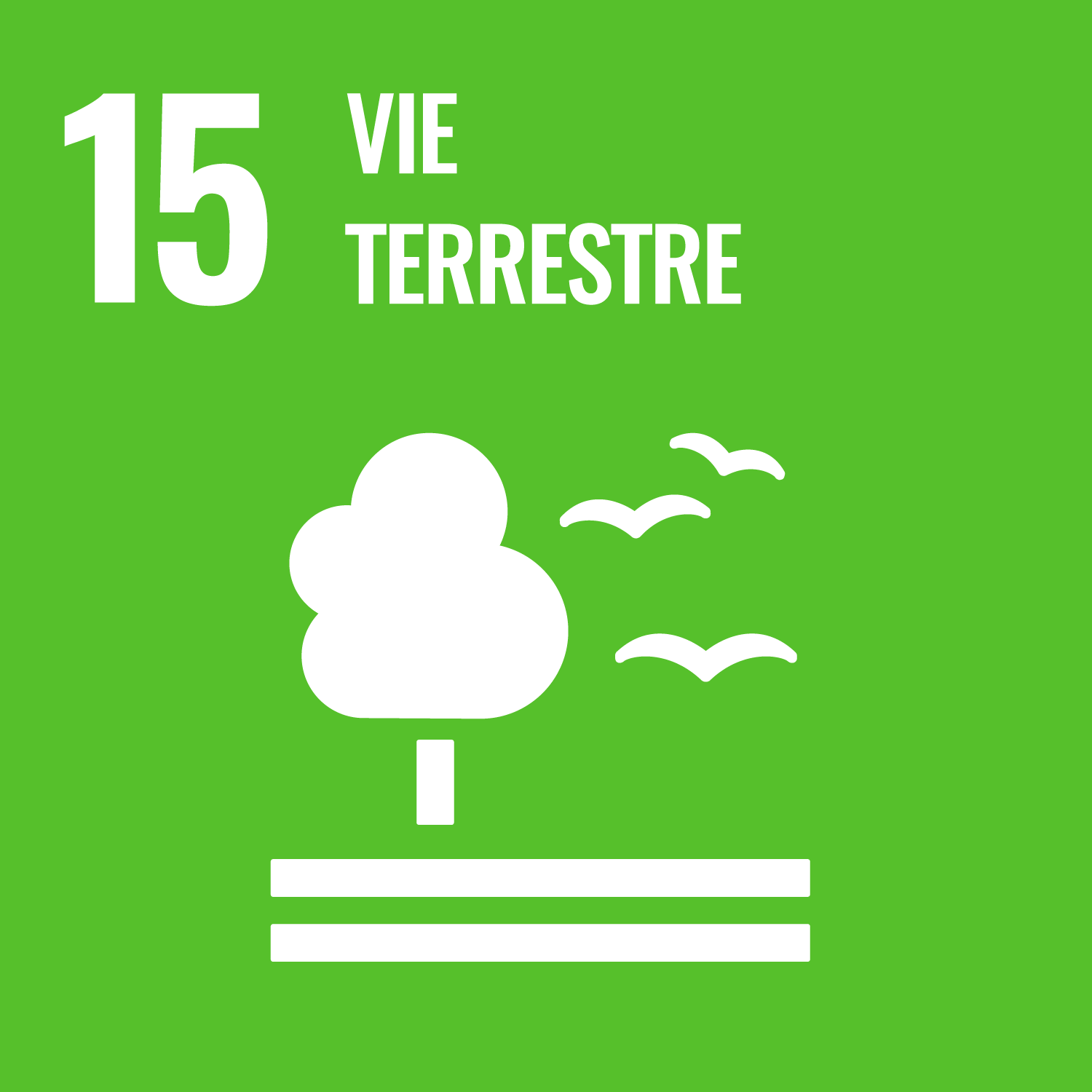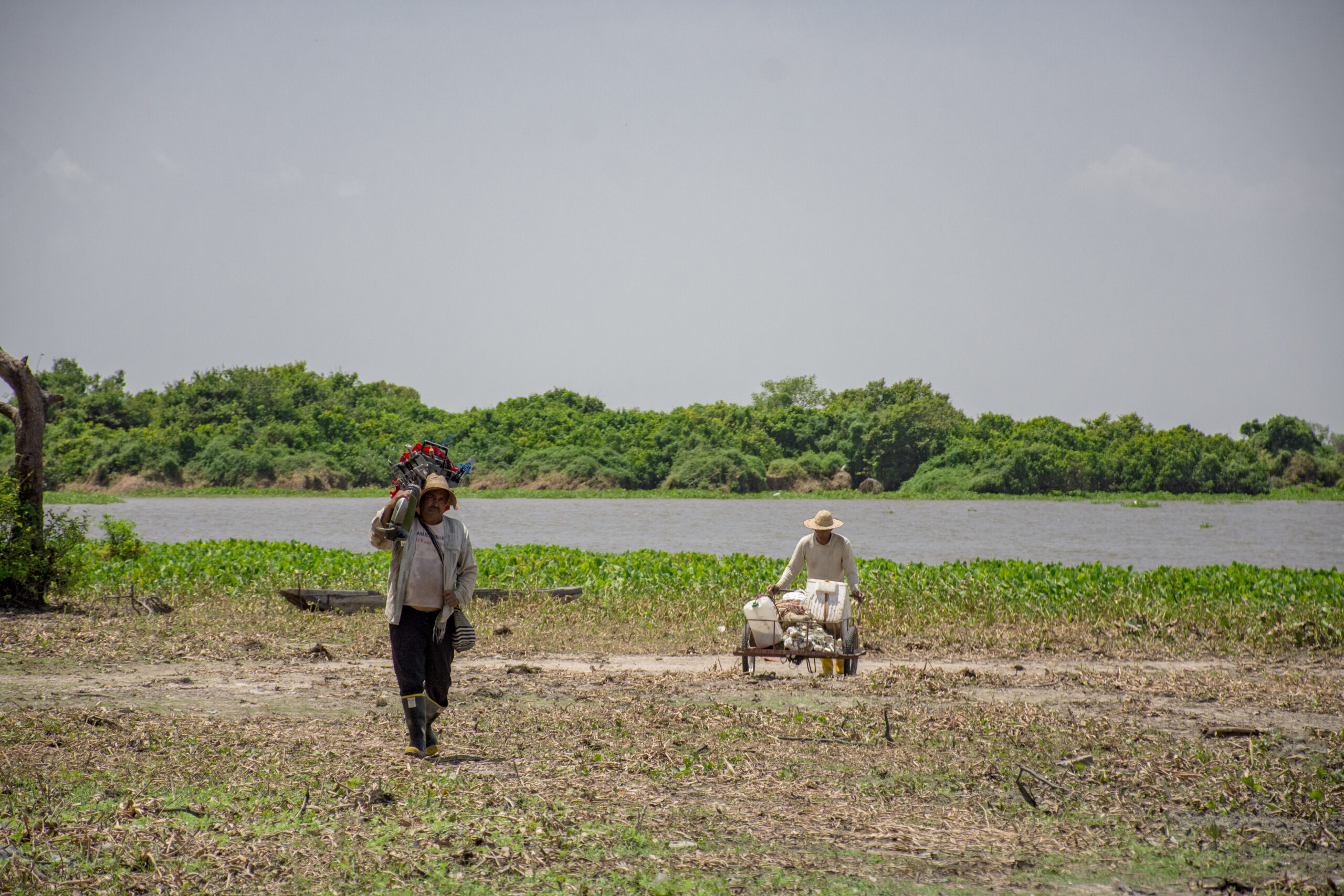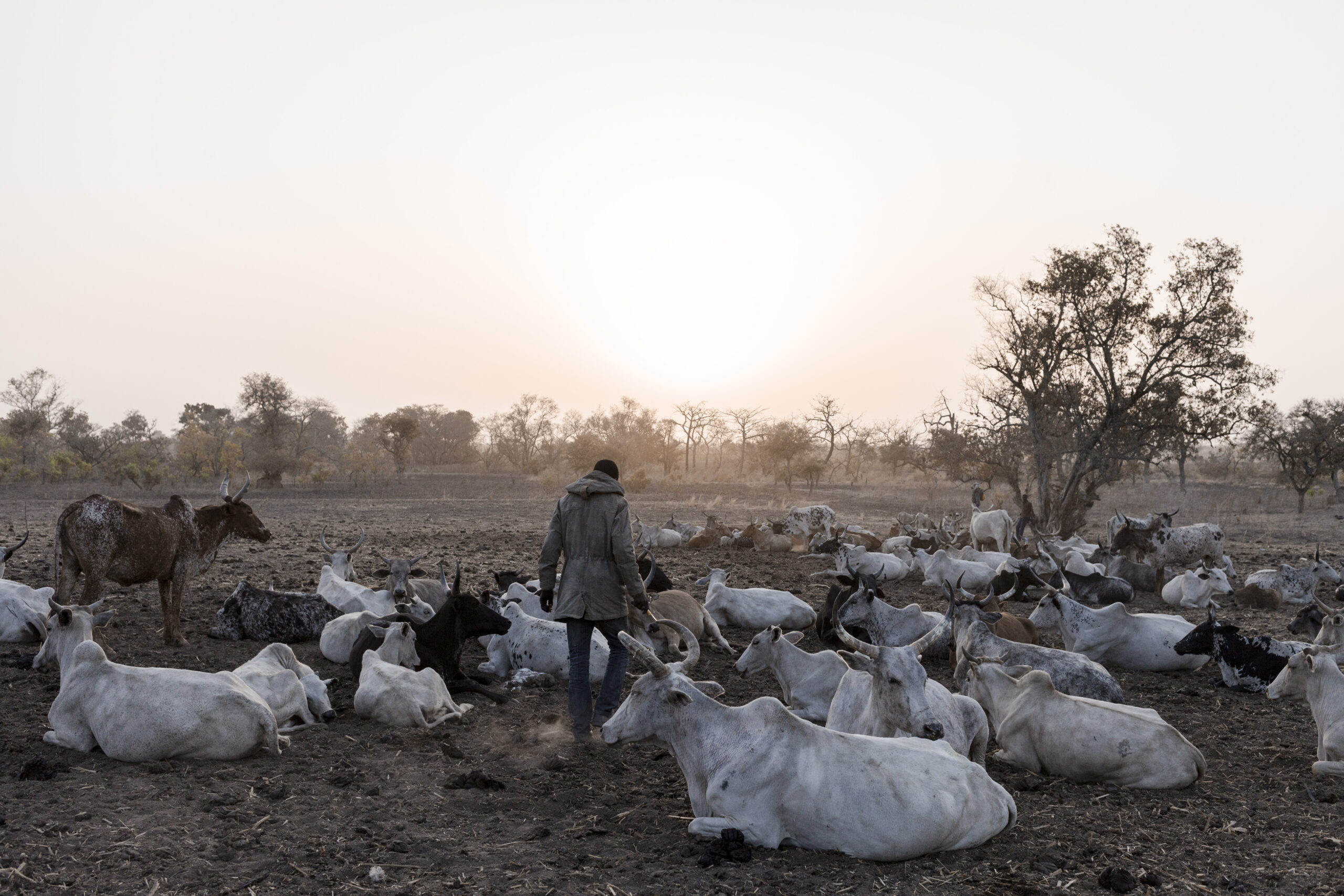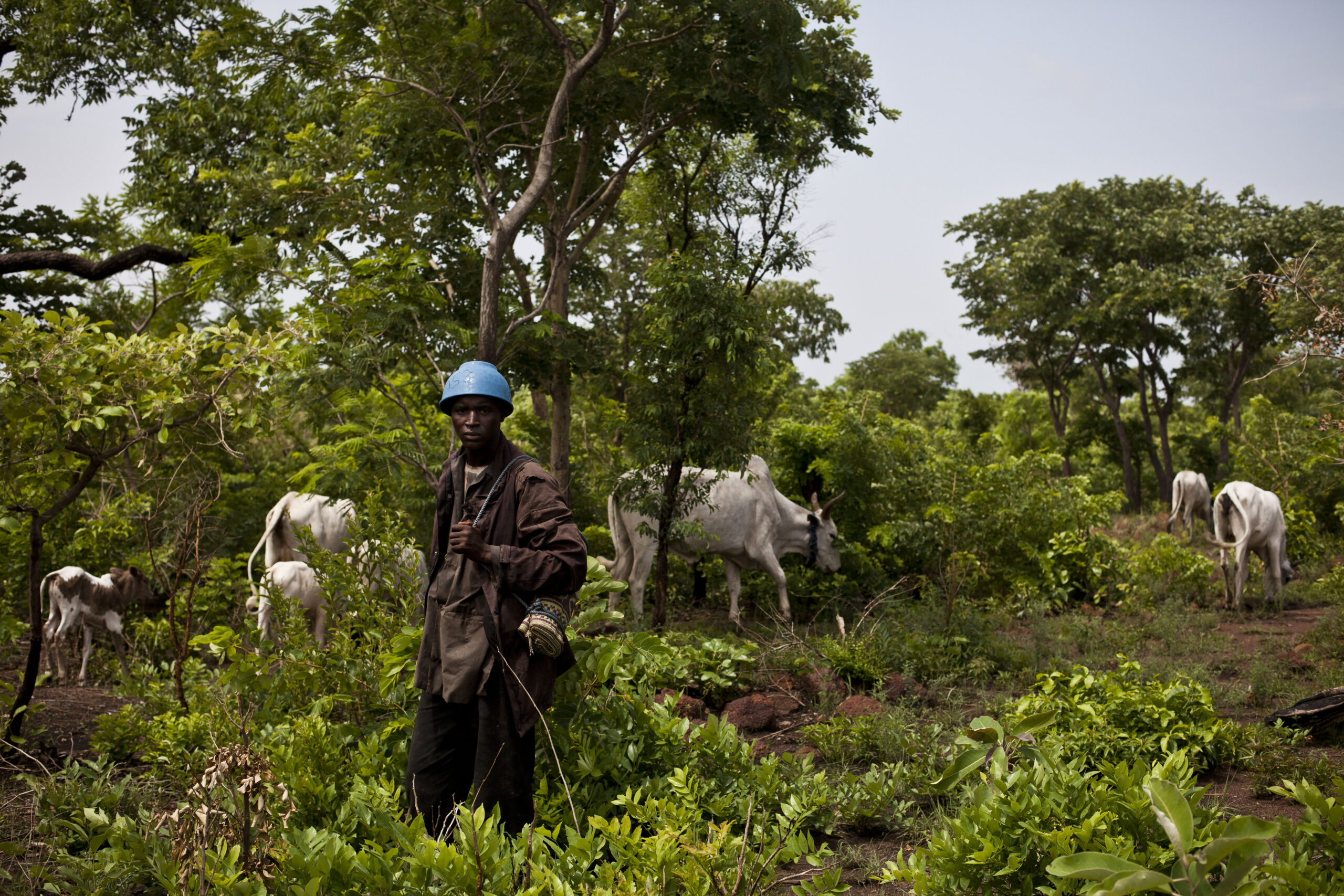170 km of cattle tracks secured, 7 water points built, 5 grazing areas and 3 resting areas developed, 3 vaccination parks built, 20 para-veterinarians trained and equipped.
The rural areas of northern Côte d’Ivoire are under increasing anthropic pressure. In this context, classified forests and protected areas are also becoming areas under tension, such as the Comoé National Park (CNP) in the north-east of the country. In this region, the main obstacles to an inclusive and sustainable management of natural resources are the lack of integrated land use planning, the absence of land security and the lack of dialogue between public and private stakeholders and between sectors (agricultural, forestry, pastoral or tourism).
The Action
The overall objective of this project is to reduce conflicts and inequalities between the different users of the Comoé National Park while preserving biodiversity, more specifically it is to carry out an action from the region to the parcel through the village:
1. Strengthen concerted management of natural resources through the establishment of a structured dialogue between stakeholders at the regional level. To this end, a SRADT (Schéma Régional d’Aménagement et de Développement du Territoire) will be developed for the Tchologo region.
2. Support target villages in the development and implementation of harmonious and inclusive Local Development Plans (LDPs), based on official boundaries.
3. To improve the social and economic value of natural and human resources, allowing the population to become more resilient to climate change. In this sense, a series of agropastoral developments and animal health services are planned to secure the mobility of herds while matching the management of biodiversity areas and the CNP.
The project will enable
- Conduct an initial agropastoral and veterinary diagnosis of the area to be updated annually according to the changing context.
- Conduct informed debates around the issues of mobility and livestock trade in order to strengthen knowledge, remove prejudices and reinforce the consultation between local actors around the livestock sector.
- Conduct awareness raising and negotiation actions at the grassroots level with local populations to identify and then obtain social agreements on planned pastoral developments.
- Implement the various pastoral developments planned (tracks, dams, areas, vaccination parks and night parks) by reconciling the needs and practices of agropastoralists and biodiversity issues.
- Strengthen the local animal health intervention system by training and equipping para-veterinarians acting under private veterinarians mandated by the State.
Key indicators and impacts
- 16 villages demarcated
- 14 Local Development Plans developed
- 1500 farmers accompanied on 3000 ha
- 7 water points constructed
- 5 night parks built
- 5 grazing areas developed
- 3 rest areas constructed
- 3 vaccination parks constructed
- 20 para-veterinarians trained and equipped.
<170 km of cattle tracks secured
